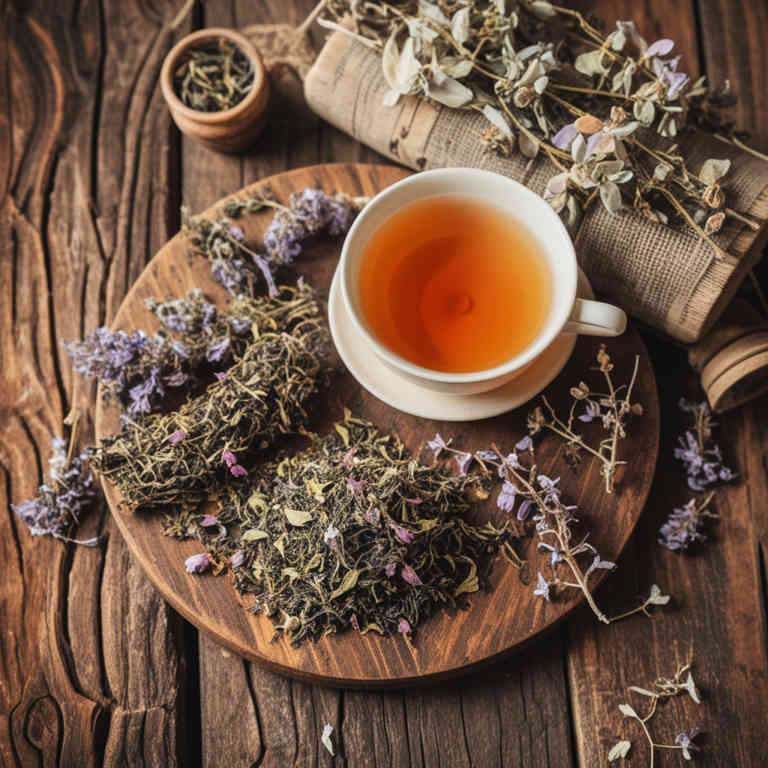Thymus serpyllum tea for medicinal use

Thymus serpyllum tea is a herbal preparation made from the dried leaves and flowers of the wild thyme plant.
It is commonly used in herbalism for its antimicrobial, antioxidant, and anti-inflammatory properties. This tea is often consumed to support respiratory health, alleviate coughs, and soothe sore throats. It may also aid in digestion and help reduce stress due to its calming effects.
In traditional medicine, it has been used to treat colds, bronchitis, and other respiratory conditions.
Uses
Thymus serpyllum tea has been used to treat respiratory and digestive ailments for centuries.
Historically, it was valued by ancient Greeks and Romans for its antiseptic and calming properties, often used to alleviate coughs, sore throats, and digestive discomfort. In traditional herbal medicine, it was also employed to relieve anxiety and promote mental clarity. Modern research suggests it may have antimicrobial and anti-inflammatory effects, supporting its use in treating colds, bronchitis, and digestive issues.
Today, it remains a popular remedy for respiratory support and as a natural remedy for stress and mild digestive problems.
Benefits
Thymus serpyllum tea has health benefits such as boosting the immune system, reducing inflammation, and aiding in respiratory health.
It is known for its antioxidant properties, which help protect the body from free radical damage. This herbal tea may also support digestion and help alleviate symptoms of colds and coughs. Additionally, it has been traditionally used to promote mental clarity and reduce stress.
Thymus serpyllum tea is often recommended for its calming effects and its ability to enhance overall well-being.
Constituents
Thymus serpyllum tea active constituents include thymol, carvacrol, and other phenolic compounds.
These compounds are known for their antimicrobial, antifungal, and antioxidant properties. Thymol and carvacrol are the primary components responsible for the tea's therapeutic effects. The tea is traditionally used to support respiratory health and alleviate symptoms of colds and coughs.
It may also aid in digestion and has been used historically for its calming and soothing effects.
Preparation
To make Thymus serpyllum tea, start by gathering fresh or dried thyme leaves, ensuring they are free from pesticides.
Place the thyme in a heatproof container, such as a teapot or a heat-resistant glass jar. Pour boiling water over the thyme and let it steep for 5 to 10 minutes, depending on your desired strength. Strain the liquid through a fine mesh strainer or cheesecloth to remove the leaves.
Enjoy the tea warm, optionally adding a touch of honey or lemon for enhanced flavor.
Side Effects
Thymus serpyllum tea may lead to gastrointestinal discomfort, including nausea, vomiting, and diarrhea, especially when consumed in large quantities.
It can also cause allergic reactions in individuals sensitive to thyme or related plants. Prolonged use may result in liver toxicity, as some compounds in the herb can be harmful in high doses. It is not recommended for pregnant or breastfeeding women due to potential risks to the fetus or infant.
Always consult a healthcare professional before using this herbal preparation, especially if you have pre-existing medical conditions or are taking medications.